How to Write an About Me Page. Artistic-Inspired Considerations for New Bloggers.

Hello, this article is intended for those creatives/artists looking for ideas about how to write a medium to long-sized About Me page for a personal blog. It will also give ideas for those creating an artist bio.
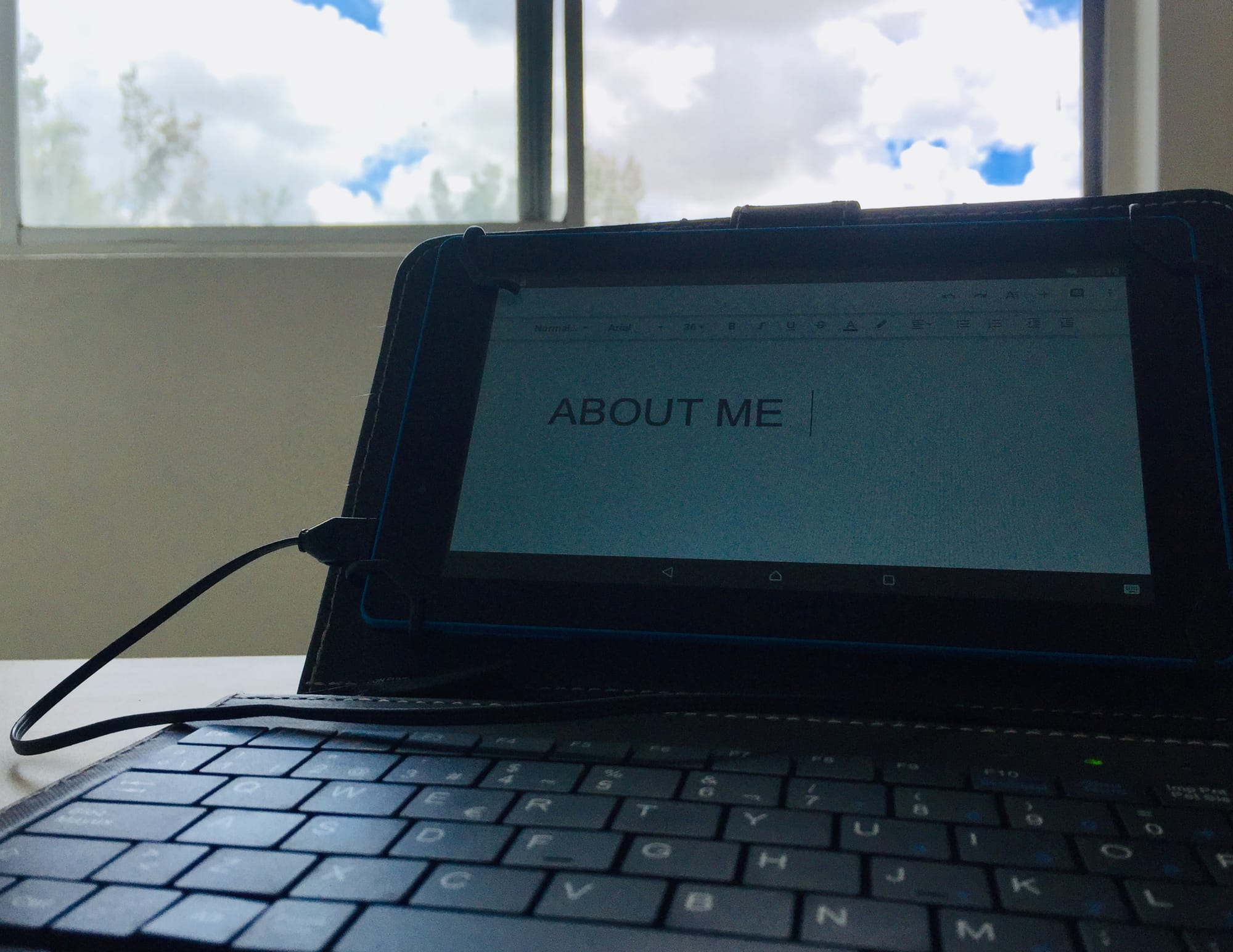
The Rabbit-Hole of Introspection
The About Me page of my website was such a deep process and involved more thought process than I anticipated. I entered a journey of self-discovery that any of my past psychotherapists would be maybe too enthusiastic about.
Who am I? can be a tough question to answer.
To distract myself from the self-reflection, I went to an art gallery.
The exhibition showed the works of at least 20 different artists, and their bios were scattered throughout the place. Most of the artists' bios didn't match the paintings, and I never understood if that was intentional, so I became distracted and focused on the artists' bios instead of the paintings.
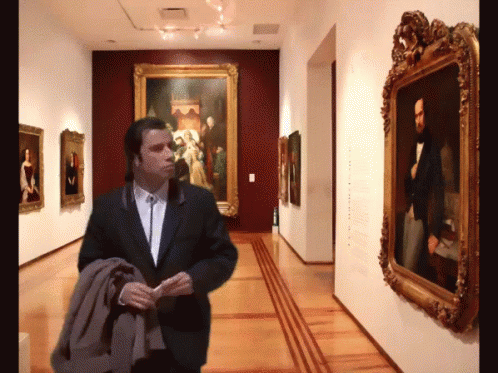
Reading how others write about themselves was an interesting adventure.
Here is what I've been thinking about how to express who we are.
Before you hit publish
If this is the first time you compose a medium-to-long-sized text about yourself (and you are as self-conscious as I am), I recommend you wait a little before you hit publish, and enjoy the deep adventure of knowing yourself better while doing this process.
At the same time, it's ok to start simple and then elaborate more when you feel ready. You can start writing a few general lines or even words to start and publish, while working on a more complete version.
And if you are ready for a very profound "About Me" reflection, I suggest you relax about having it quickly and embrace the fact that you may write many drafts before feeling ok with a shareable result.
Actually, I think there's never a final version, because we are always growing and changing. Publish when you feel comfortable. Edit later, it's your blog.
If you find yourself in too much self-consciousness, remember that when starting a blog, chances are very few people will actually read your blog 😌, so don't worry that much.
Are you ready? Let's begin.
Who are we writing to?
There are so many ways in which we can describe ourselves to others. And I think that's one of the main questions we have to figure out: Who are we writing to and why? Are we trying to build a personal brand? Build an audience? Sell a service? Or are we trying to get clients? Are we trying to enter an institution or get approval from "important people"?
If you do this as a hobby, ask yourself what kind of people you would like to interact with.
Being sincere with ourselves opens up space to define what the best writing tone is.
Defining our audience is not easy, though. The way we express is just ingrained in how we perceive the world. Let me explain better with an example:
By reading carefully between the lines, I could sense that all artists in the mentioned exhibition were trying to impress someone through their bios: their artistic community, by naming many collectives and collaborations. Or the "academia", for example, in one artist's bio, there was a lot of terminology that the general public wouldn't understand. Others wrote to themselves. Another artist's audience was their hometown. I could tell this because there was a list of local places where the work was presented, without naming the city. Others seemed to reach an international audience; the artist mentioned important cities and events around the world. Others talked to the general public. I could sense one was talking to someone in his family.

(illustratory image, not the referred exhibition in the text)
Reading the artists' bios of others made me realize that in a first About Me draft, I was unconsciously writing to specific members of my family, and that I was justifying some life decisions to them. Although writing that made me realize that aspect and grow, it made no sense to put that in my About Me page.
So, who are you trying to impress? And does it make sense to express in your About Me page? Will it attract the right readers?
For Those Refusing to Niche
When starting a blog, it's common to encounter the typical advice of finding a niche. If you have already found yours, you can skip this section altogether. If you are struggling with the niche thing, keep reading.
Sometimes, as creatives/artists, we lose ourselves trying to escape from traditional categories.
When I was studying Art and Culture many years ago, a lesson that stuck in my head was about how many artists are sometimes incapable of naming their art as it is. Common categories, like Theatre, Music, Dancing, Photography etc, feel too rigid, and instead of naming them upfront, artists tend to give a long explanation about their art, when it could be categorized in a couple of words.
It feels like their art it's unnameable, whimsical, innovative... Or it's so out of the standards and rules, that 'It's not even art!'. Then, they don't do theatre, they do "spontaneous acts of thought-provoking movements, and poetry inspired by...the cosmos". They don't fit drawing; they "let the lines express the deepest ponderings and spirit about the contemporary and historical world". They aren't music composers, they "experiment with sounds, frequencies and silence, while navigating the most iconic moments of the 19th century". When it comes to blogging, "going deep into expressing my soul, putting words together, and reflecting what's in my heart". And so on...

"Ok, ok.. but that is basically... theatre, right?" would say the confused staff in charge of programming the collaboration, trying to make sense of what the artist is saying. Same as Google's crawlers for SEO.
It's ok to accept we fit into a category, a tag, a niche. Being capable of naming a category makes life easier because the world nowadays works this way, whether we like it or not. And at a certain point, we will need to explain that we are part of that category, even if we feel like we are revolutionizing it.
If "4:33" by John Cage exists in the category of music, then your creations most probably fit in a category, too. (4:33 is a piece where musicians are supposed not to play a single note.)
I've only found one discipline that is very difficult to categorize, and that is the Feldenkrais Method, which is body awareness that feels like meditation, but it's not meditation and it's not fitness per se, and it's not yoga either. Using your surname to name it is the way to go, when not finding a category, I guess.
Too many categories?
Something I've felt like I want to write about, "so many things", and it's impossible to niche down.
In those cases, it's been useful to realize what I'm NOT going to write about. For example, there is a very low probability that I will write about Trucks, News, or Sports.
It's a start.
By thinking about radically different areas, we can realize we might fit in a broader category. For example, I realized that I may fit good old broad categories like blogging/content creation/well-being/lifestyle/creativity, etc, and it's just that.
Even the example of the Feldenkrais Method, we could fit it into the wellness niche.
It's fine. We don't have to reinvent the wheel. Niching down comes with time and experience.
Lists
In my younger years, lists inspired me to live more and more experiences here and there. I got the wrong impression that a good artist had hefty lists of certain achievements, and my goal should be to build "my lists" bigger.
Lists of all the venues I performed in, lists of all the teachers I learned from, lists of cities where I presented my work, lists of places I studied in, and a list of artistic activities I've practiced.
I've also seen:
Lists of competitions, lists of countries, lists of collaborations, lists of continents, lists of awards, lists of repertoire/works, and so on.
Nothing wrong with lists, but does it align with who we want to connect with? Does our target reader really need and want to read the full list?
Back to the Future
I'm an enthusiast of practicing staying in the Here and Now. However, while writing an About Me page, it was practically impossible for me. What could I write from the here and now? "I'm a person sitting in front of her desk, looking at the window, and feeling a very nice breeze that smells like fresh cut grass". And proceed with a detailed description of my surroundings and inner feelings? (Come to think of it, it could be interesting to do it).
Even the spiritual teacher Eckhart Tolle had to go back to his past to explain how he got to where he was when writing his book "The Power of Now".
I think a balanced description combines a mixture of past, present, and points towards the future we want for ourselves. It's very tempting to show off everything we've done, but maybe not everything matches who we are now, or the values we want to work with next.
For example, if you now dislike competitions of some kind, why would you display your list, no matter how big it is? It would prompt your audience that you are open to keep competing, and maybe you aren't.
First or third person? And about being "The Best"
Writing in the first person creates a more direct communication with the reader. On the other hand, the third person creates some distance.
There are some cases when a third person is expected due to formality; you will have to figure that out, depending on the audience and context you are addressing.
Sometimes when we read info about someone in the third person, it feels like an institution has thoroughly researched the other and put the effort and time to write a compelling bio of them. But that's simply not common.
Artists, bloggers, and content creators regularly write their own bios, just like everyone writes their own CV. If another person is hired, there's still the need to have all the info, and it's the artist who provides that.
That being said, if you are thinking about writing about yourself in the third person, do yourself a favor and be humble.
Things like "Gilderoy is the next promise of our generation, the best in the country" may not be the best idea. The people you would want to impress in the industry won't get impressed with statements like that. They know you wrote that.
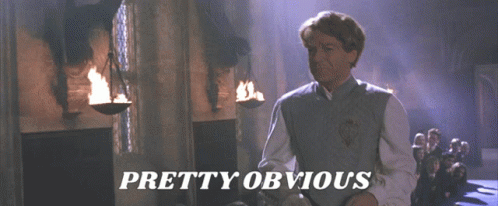
Those kinds of phrases are only valid when someone else has reviewed your work and made it public as a critic. They usually should be written between quotation marks, addressing who said that.
Making sense of our decisions.
As I mentioned before, are we trying to justify what we are doing, or what we've done?
One of the artistic descriptions I read in the art exhibition elaborated a complete paragraph justifying why he decided to study Political Science after studying Visual Arts. I honestly couldn't care less about this explanation. I always feel happy when people decide to study and explore different areas, whatever they are. I would have preferred to read more about what inspires him now to create his paintings. This is especially important in places where you have a word limit.

I realized I was doing the same in my About Me page: getting too long explaining why I made some life decisions. I realized my target readers would care more about the present and what I'm going to do next.
Brief mentions about the past can then support a point about how this or that experience will inspire our future work, how it shaped us in a particular way, or demonstrate some expertise and authority.
Where does everything start?
Although the process of writing an About Me page has been somewhat therapeutic to me, I realized my target audience doesn't really need to know about my detailed story since kindergarten. This is not therapy, and privacy concerns should also be taken into consideration.
It's a logical place to start, though. I wanted to start from the beginning, make sense of everything I've done so far, and understand how it led me to where I am. And then explain it to the world.
Unless you are a classical musician (where it's standard to show off about the early age when people started, lol), I think we can shorten our story to the facts that are relevant to our current project.
But in the end, that's up to you. You choose how much to share.
Storytelling going wrong
I loooove storytelling. With my heart. I love telling stories about the most mundane events, like going out for a walk and getting some sun.
So, when the time came to write my About Me page, I was all in with Storytelling. I wrote a compelling story of my life, featuring an interesting arc, some drama, enemies, a plot twist, saviours, and a triumphant final.
But.
That's not who I am, I thought. Although the drafts I wrote were decent from a storytelling perspective, they gave very little space for growth and possible changes in opinion. In the attempt to keep the readers captivated, in many drafts, I couldn't help but end up portraying myself as a poor victim who then found happiness in this and that. I didn't like that narrative for myself.
It's tricky to use storytelling to tell our lives, since our lives are not yet finished. Especially when blogging as a hobby, and the intention is to explore and experiment.
So, I gave up on using storytelling to write my About Me page.
When can storytelling be useful?
When you have accomplished something, and you want to sell something related to that accomplishment. Then your ups and downs will make total sense, and point towards your future content. Storytelling will be your best friend here.
The comfort zone
Finally, I'll go safe and suggest you stay in your comfort zone when writing something so personal as an About Me page or an artist bio, at least at the beginning. Why? Because it's yours! Make it safe for yourself.
Make it a place that makes you feel at home, including the ability to put boundaries; a place that invites the right people to your project, that aligns with who you really are, and takes you to where you wish to be.
You have the last word.

I hope my reflections have given you some things to consider while writing your story, and help you connect with the readers you want.
Thank you very much for reading til this point. Happy writing!
Writing process:
This article was humanly written by D. Y. Pinto (me), with some use of Grammarly to check grammar and orthographic mistakes.
I delighted myself writing it with no rush, spending as much time as I felt. Maybe it's way too long, but I don't really care. I hope you enjoyed it.

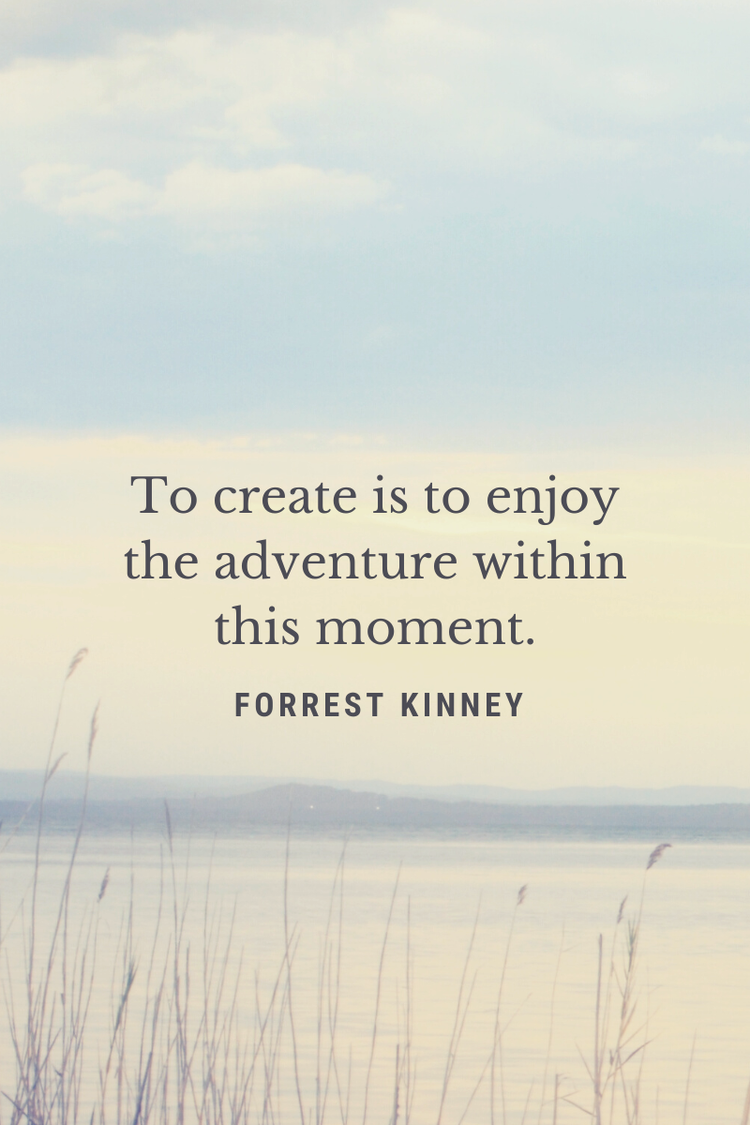
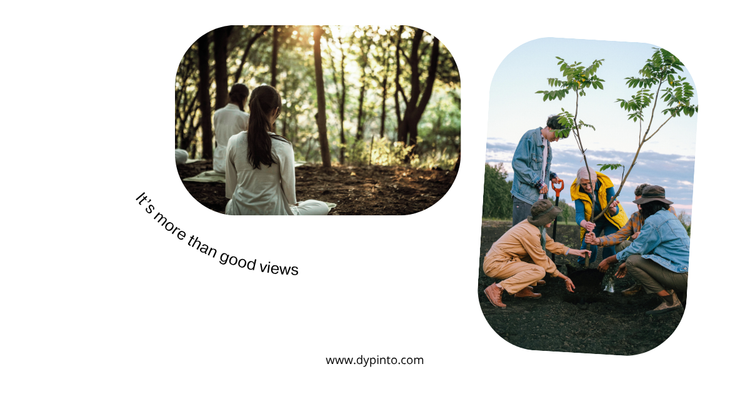


Member discussion